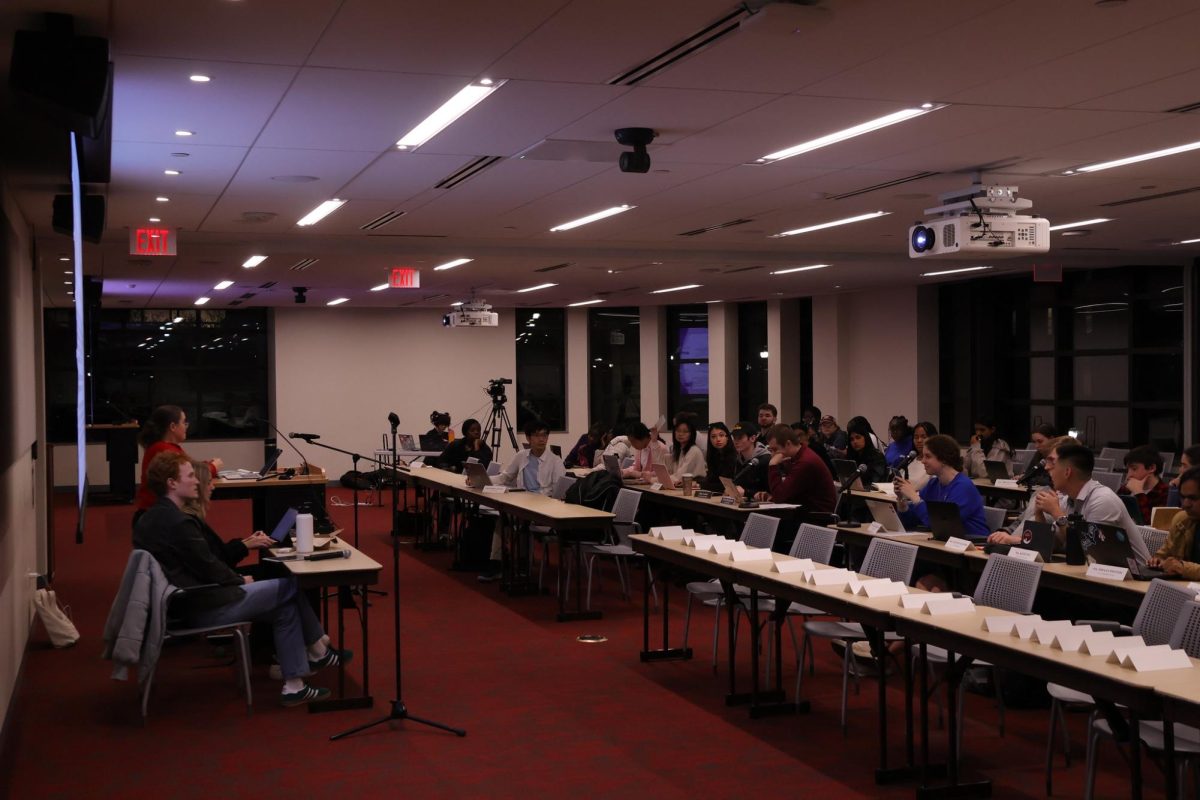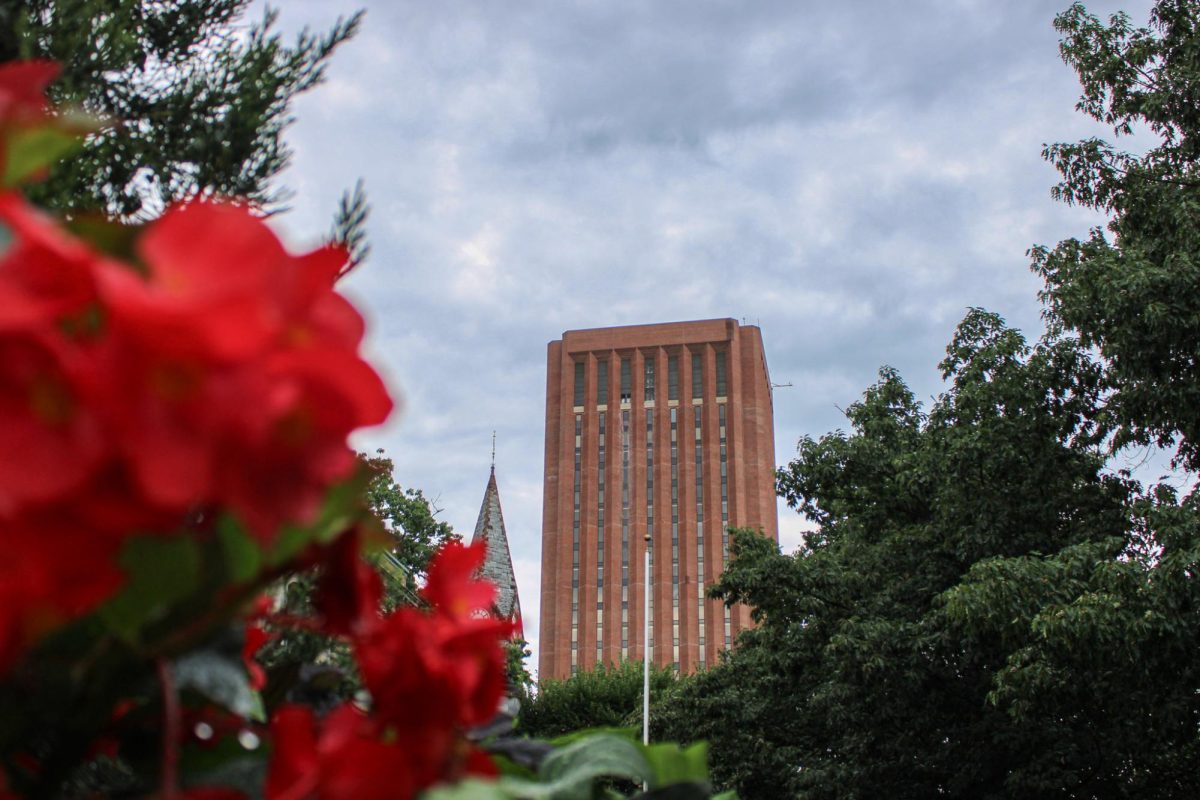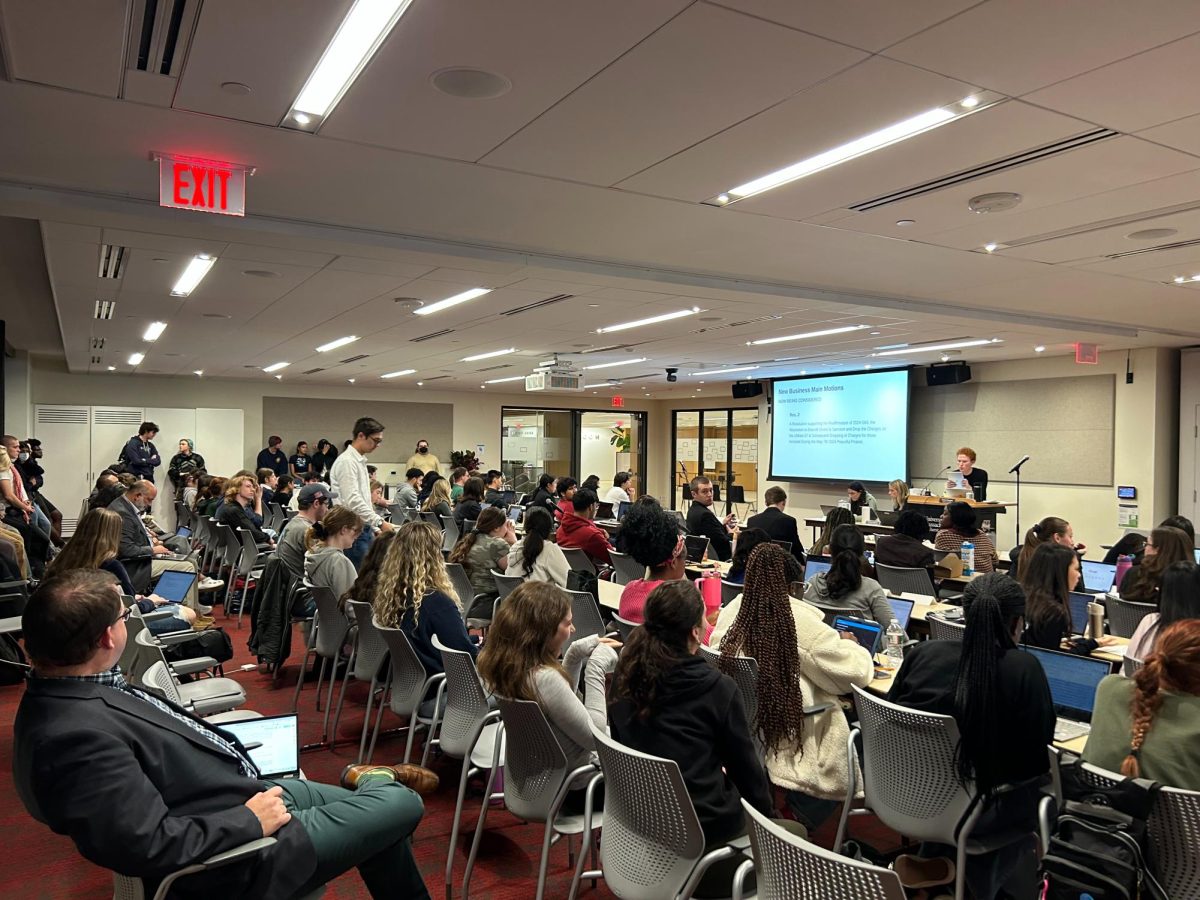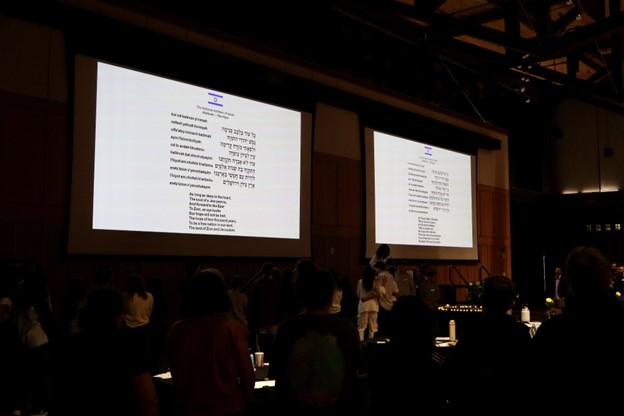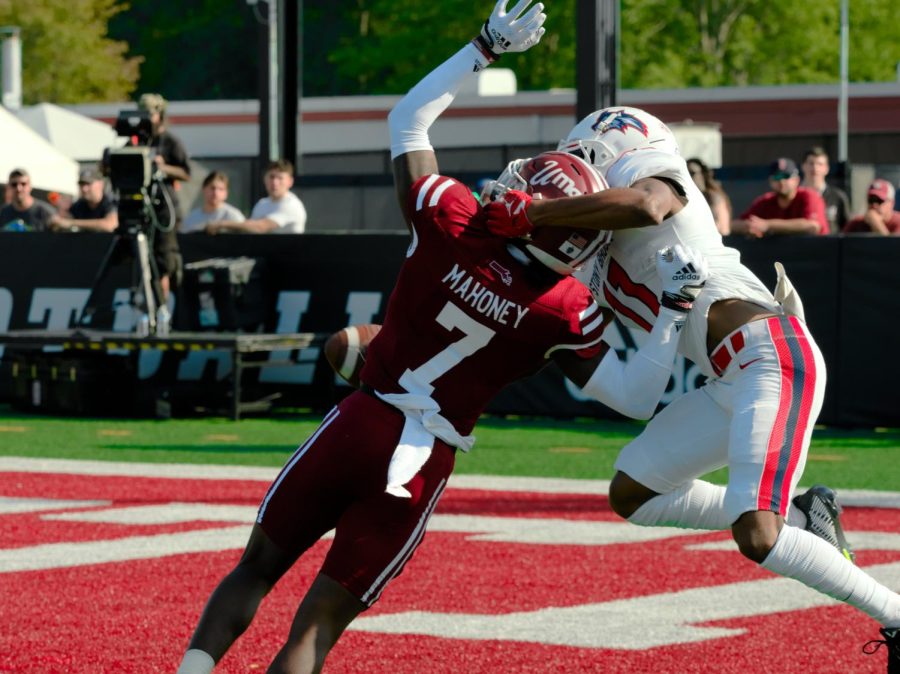During the COVID-19 pandemic at the University of Massachusetts, schooling has taken on a new form. What once was the physical classroom has now been replaced by “Zoom University,” with students glued to computer screens for lectures, class discussion and student activities.
The onset of the pandemic in March 2020 necessitated this drastic change from in-person instruction. Consequently, in the latter half of that semester, the University expanded its undergraduate pass/fail system to reduce the academic burden on struggling students.
Unlike previous semesters, the University lifted “the requirement limiting the total number of pass/fail courses” that could be taken, allowing students to take any number of courses with this designation. Additionally, students could take major-required courses as P/F under this policy.
As the pandemic raged on, the Faculty Senate voted to limit the number of courses one could take with the P/F designation to a maximum of three courses in the fall semester. They changed this policy with the justification that conditions were still strenuous, but were not as dire as they were in the previous semester, as noted on the UMass coronavirus webpage.
This policy has continued in the spring semester, with some slight modifications. The registrar’s website notes that for prerequisite courses, academic departments have the agency to use the underlying letter grade “to enforce the minimum grade requirement specified for registering, or staying registered, in a later course or for entering the particular major.”
In other words, contrary to many other University communications, the choice to take a course pass/fail has additional restrictions for some major required courses. Because academic departments have agency to choose their policy, there is no University-wide agreement on prerequisite courses under this current system.
Gabrielle Ho, a second-year chemistry major, ran into issues as she tried to enroll in courses for the spring semester, even as this policy was not yet in place.
Citing an email from the College of Natural Sciences, Ho took many major required courses pass/fail this semester. However, to her surprise, she was unable to enroll in major required courses for next semester because of the pass/fail designation on her prerequisite courses. This resulted in additional stress and confusion for her and many of her peers, she said.
“The policy was a little bit unclear to me,” Ho said. “There were some emails sent out but there was conflicting information. One of the emails from the College of Natural Sciences recommended that I do pass/fail for as many classes as I could.”
“However, this past enrollment cycle, I actually had to un-pass/fail a couple of my prerequisites because it was not allowing me to enroll in Pchem,” Ho added. “Because I had pass-failed physics and organic chemistry the prior semester.”
Afterwards, Ho emailed the registrar to ask them to put the pass/fail designation back, though has not heard back. She mentioned that the only reason she knew about the need to remove pass/fail on prerequisite courses was from conversations with her peers.
None of the advisors told them about its effect on enrollment, resulting in additional unneeded anxiety. “It is already stressful enough getting your class before they fill up,” she noted.
University spokesperson Ed Blaguszewski reported that during the fall course registration period, any student who received a “pass” as a grade would not need to meet specific grade requirements to enroll in subsequent courses. In spring, however, departments could enforce minimum grade-based prerequisites.
“This change required substantial new computer coding in SPIRE to place updated enrollment conditions on many of our 8,000 courses,” Blaguszewski said. “Physical Chemistry (Chem 471) and two other courses have been identified as classes whose prerequisites were not properly coded to indicate that a P grade would satisfy the prerequisite. As a result of this error, some qualified students were unable to enroll in these classes.”
The Registrar’s Office only became aware of this issue upon request for comment from the Daily Collegian, though it is now conducting a review of other potentially affected courses.
Additionally, for many graduating students, the choice to elect pass/fail courses amid the COVID-19 pandemic was affected by potential concerns about graduate education and employment. While many graduate schools “look at the overall application rather than individual semesters” the ambiguity of the admissions process has disincentivized some students from electing pass/fail courses.
Veronica Moore, a senior English and journalism double major who is planning to use pass/fail on some foreign language courses she is taking, expressed similar sentiments.
“I’m taking six or seven classes this semester in addition to the ones I’m TA’ing for. So, I will definitely be using the pass-fail and I’ve been encouraged to by my advisor,” Moore said. “It’s not that I anticipate failing any of my classes, but I think it is really helpful for zoom university.”
In the fall semester, Moore was concerned that the University would have removed the policy, expecting students to have adjusted to online school. Despite its benefits, she remains somewhat concerned about its ramifications for postgraduate education as she applies to graduate school this year.
“I have been warned by a professor or two that when applying to grad school that my ‘pass’ might be perceived as a C or something like that,” Moore said. “So I’ve been wary of that. That’s been weighing on me, and it has impacted whether I’m going to use all three or not. And this semester was worse than last semester for me.”
For many students at the start of their UMass experience, however, employment and graduate education is years away. For students like Mano Dakshin, a first-year computer science major, the choice to elect pass-fail was an easy decision. He had heard of the newfound policy through his peers in the computer science department and elected to take more difficult major requirements as pass/fail to succeed academically during the pandemic.
“It is difficult to stay positive. I feel isolated from UMass students and people I really want to meet,” Dakshin said “The office hours aren’t too helpful because so many people join. And Zoom meetings already are a source of anxiety. So, Taking CS187 as a pass/fail course improved my stress load. Grades are not the most important thing in the long term. Personal growth, character and involvement on the campus are the most important.”
While many students have chosen to elect courses pass/fail in order to survive in the previous tumultuous semesters, others have forgone such opportunities. Additionally, the University’s communication of the changes in the policy across departments has left students in flux and unsure of their academic status.
As vaccine distribution increases and the pandemic begins to slow down, there are questions of how pass/fail will manifest in the fall semester. Preparing for an uncertain future, some students believe the existing policy should remain.
While the campus may return to normal operations, the student body is not the same group of students that left the campus in March 2020. After enduring the collective trauma of the coronavirus pandemic and its lasting economic and psychological implications, some of these students advocate for the need for additional academic support as UMass adjusts to the next new normal.
“For next semester and maybe the following semester, they should keep the policy instituted because we have students coming forward who started their college degrees in the pandemic,” Moore said. “These students have only seen remote education. There should be a more liberal understanding of the college experience, understanding that college is something to be enjoyed and somewhere to absorb information to better yourself. It shouldn’t be a place to stress yourself out to a maximum where you’re more concerned about grades over learning.”
Timothy Scalona can be reached at [email protected]. Follow him on Twitter @ScalonaTim.








